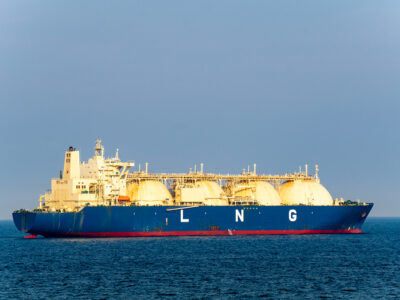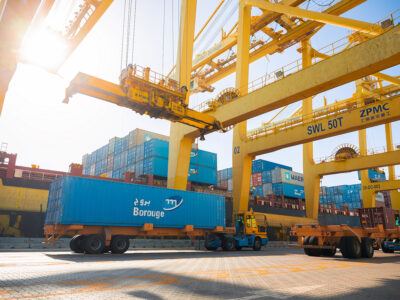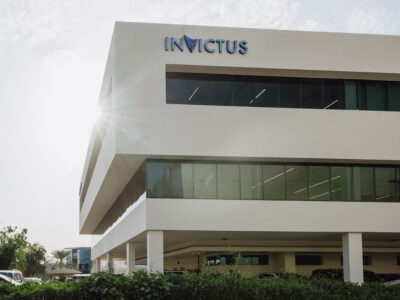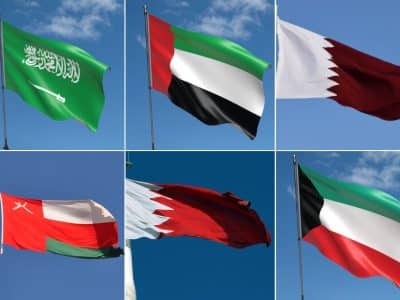The UAE has achieved major milestone as the Emirates Nuclear Energy Corporation (ENEC) announced the fourth unit of the Barakah Nuclear Energy Plant has entered commercial operations, marking its full delivery.
This fulfils ENEC’s promise to bring clean, abundant electricity to the UAE.
Barakah is one of the most successful new build nuclear projects in the past 30 years, representing a remarkable feat of engineering and teamwork, and a significant achievement for the nation.
Nuclear power in the UAE
The plant has been delivered in accordance with the UAE’s 2008 policy commitments for nuclear energy development, meeting the highest standards of safety, security and transparency.
The Barakah Plant is now generating 40TWh of electricity per year, nearly the equivalent of the annual electricity consumption of New Zealand, and provides up to 25 per cent of the UAE’s electricity.
UAE President Sheikh Mohamed bin Zayed Al Nahyan reiterated the nation’s commitment to prioritising energy security and sustainability for the benefit of the people.
In a message on social media platform X he said: “With the start of operations at Unit 4 of the Barakah Nuclear Energy Plant, the UAE has taken another significant step on the journey towards net zero. We will continue to prioritise energy security and sustainability for the benefit of our nation and our people today and tomorrow.”
Sheikh Mohammed bin Rashid Al Maktoum, Vice-President and Prime Minister of the UAE and Ruler of Dubai, also shared congratulations on social media.
Sheikh Mohammed said: “Today, we celebrate the full commercial operation of the Barakah Nuclear Energy Plant, which now provides 25 per cent of the UAE’s electricity needs. As the largest source of clean energy in the region, Barakah has significantly contributed to the global clean energy landscape, with the UAE achieving the highest per capita clean electricity ratio over the past five years—75 per cent of which comes from Barakah.
“The plant will also reduce carbon emissions by 22 million tons annually, equivalent to removing 4.8 million cars from the roads. The Barakah Nuclear Energy Plant is a visionary project led by President His Highness Sheikh Mohamed bin Zayed Al Nahyan.
“It is an Emirati accomplishment, Arab pride, and a significant global contribution to protecting the planet”.
This clean and carbon-free energy is enough to power 16m EVs annually. This represents the largest decarbonisation effort in the UAE and the region, positioning the country ahead of its 2030 climate commitments.
The 22.4m tons of annual carbon emissions prevented by the Barakah Plant are equivalent to removing 4.6m cars from the roads each year and contribute to achieving 24 per cent of the nation’s 2030 decarbonisation commitments (Nationally Determined Contributions, known as NDCs).
Barakah is also delivering wide-ranging economic benefits. Despite growing demand, consumption of natural gas for power generation is at a 13-year low in Abu Dhabi because of the significant contribution that Barakah is now making to Abu Dhabi’s energy mix.

Barakah’s four APR-1400 units are also playing a key role in helping UAE companies decarbonise. 85 per cent of the clean energy certificates managed by EWEC are powered by Barakah, which are used by companies such as ADNOC, EGA and Emirates Steel Arkan to produce greener products that can be sold at a premium, providing a unique competitive advantage for Abu Dhabi-based companies.
The construction of Barakah has stimulated the creation of a new advanced industry in the UAE, boosting national studies in nuclear sciences and offering educational and training opportunities for talented Emirati youth.
To date, over 2,000 highly skilled Emiratis have participated in developing the plant. This creation of know-how and intellect will be crucial for the future as, according to an IMF study, nuclear plants have a unique footprint, distributing wealth more widely across various sectors than other energy sources.
During the construction phase alone, the delivery of the four units at Barakah yielded $6.7bn (AED22.5bn) in local procurement, making the UAE’s peaceful nuclear energy programme a major driver of In-Country Value.
Khaldoon Khalifa Al Mubarak, Chairman, Board of Directors, ENEC, said: “In 2008, the UAE’s visionary leadership took a data-led, long-term approach by issuing a comprehensive policy for the development of civil nuclear energy in the UAE to transform the nation’s energy supply.
“As Unit 4 of Barakah enters commercial operations, that vision has been realised, with one in every four electrons on the UAE grid coming from Barakah, providing up to 25 per cent of the UAE’s electricity needs, and positioning the nation as a leader in civil nuclear development globally.
“This source of clean electricity will act as a magnet, attracting additional investment in the UAE by sustainably-minded, but energy intensive industries from around the globe.”
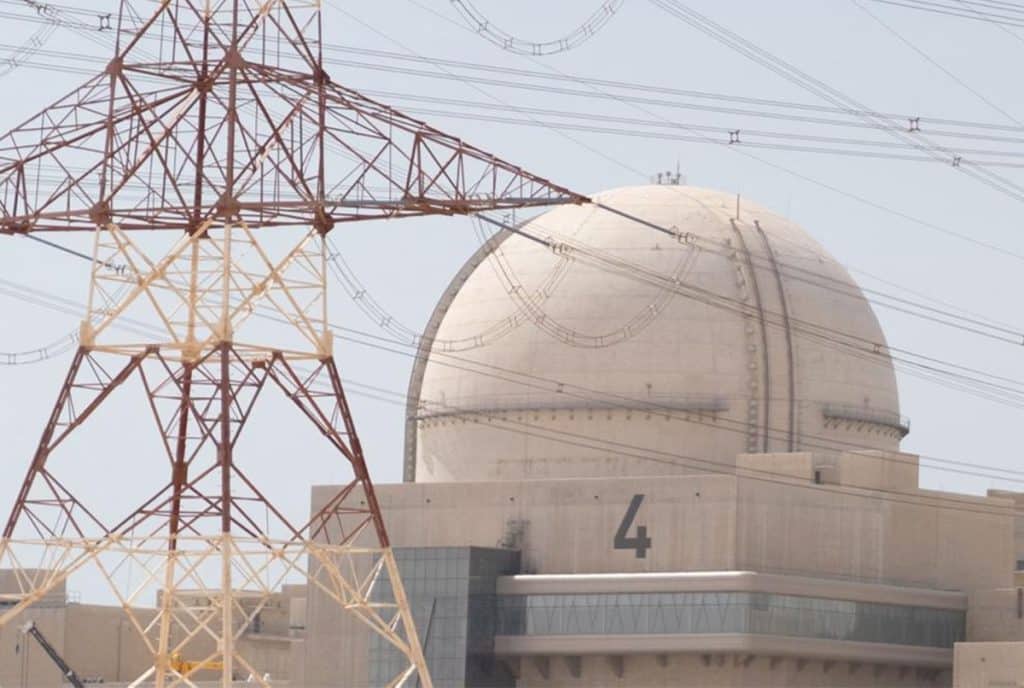
The commercial operations of four units of the Barakah Plant come amid the growing global recognition of the pivotal role of nuclear energy in decarbonising the energy systems and achieving Net Zero.
The International Energy Agency (IEA) predicts that global electricity demand is expected to rise at a faster rate over the next three years, growing by an average of 3.4 per cent annually through 2026.
With rising demand for electricity, driven partly due to AI, EVs and semiconductors, the stable and reliable clean electricity provided by nuclear is increasingly recognised for its role in decarbonising the energy sector.
The full delivery of Barakah firmly places ENEC and the UAE as frontrunners for their contributions to the pledge by the 25 nations to triple nuclear energy capacity by 2050.

